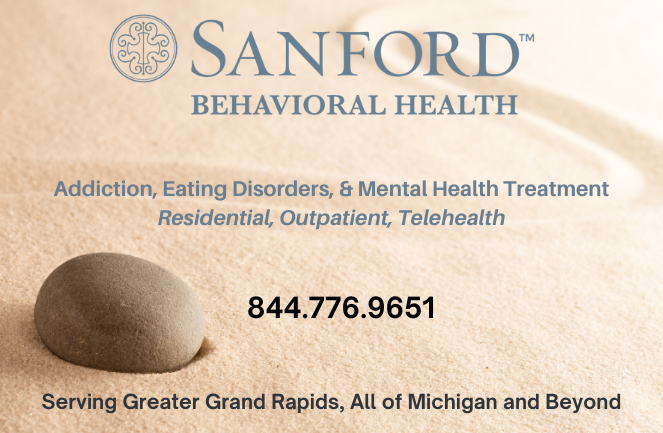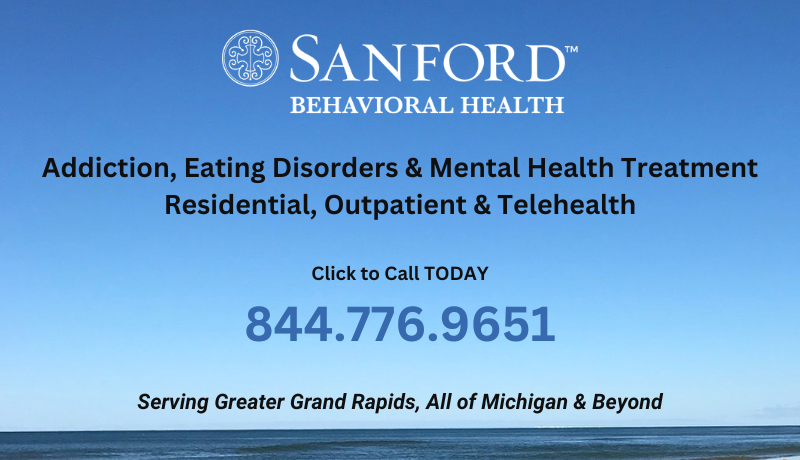Seasonal Allergies and Mental Health

For those who live in Michigan, spring is a welcome reprieve from a long, dormant winter. Unfortunately, however, the beautiful buds, flowers, and green leaves come with seasonal allergies for millions of Americans. Sneezing, watery eyes, congestion, and itching can bring a dark cloud to spring’s splendor. The physical signs are apparent, but a growing body of research shows that individuals with allergic rhinitis or hay fever often experience mood disorders such as anxiety and depression.
Why are Seasonal Allergies and Mental Health Connected?
First, when you are stuffy and miserable, it impacts your sleep patterns, productivity, and even your sense of smell. This can undoubtedly affect mental health. But allergies and mental health are connected more explicitly to how our body fights infection. For example, hay fever is an inflammatory disease, and the body produces proteins called cytokines to fight inflammation. Cytokines activate parts of the brain that also regulate anxiety and depression. As a result, in the U.S., studies show that those with allergies are one and a half times more likely to have major depression. Allergies are also associated with high anxiety.
Signs & Symptoms of Allergies
When the pollen count is high, symptoms are more severe.
- Watery eyes
- Sneezing
- Itchy or runny nose
- Scratchy throat
- Headaches
- Loss of smell or taste
- Fatigue, irritability, insomnia
Mental Health Conditions
According to research by the Hazelden Betty Ford Foundation, 29% of individuals with mental health disorders also struggle with substance use disorders (SUDs). This is almost double the prevalence of SUD in the general population. The following co-occurring conditions are the most prevalent:
- Eating disorders – Most studies show that 15% to 32% of women with substance use disorders meet the criteria for an eating disorder at some time.
- Depression – 80% of those with an alcohol use disorder experience depressive symptoms, and 30% meet the diagnostic criteria for major depression.
- Post-traumatic stress disorder (PTSD) – As many as one-third of patients entering addiction treatment meet the criteria for PTSD.
- Anxiety disorders – Anxiety disorders (e.g., agoraphobia, panic disorder, social phobias, general anxiety disorder) are present in 10% to 60% of SUD patients.
At Sanford Behavioral Health, our approach includes evidence-based therapy and medication management to address the unique challenges of managing multiple conditions. So please don’t wait to learn more about our dual diagnosis programs for anxiety, depression, and addiction.
Speak to Your Primary Care Physician
Spring sneaks up on you when you live in Michigan. Suddenly, the air has a fresher feel – birds are tweeting, and miraculously, the barren trees are sprouting a riot of flowers. It should be a time of great joy. So, speak to your primary care physician or allergist about all your symptoms, including mood swings, depression, or anxiety, during the allergy season. Allergy medicines can also affect mood, so a frank discussion is essential. And if you are experiencing signs of depression or anxiety, call Sanford Behavioral Health for more information about our programs.




